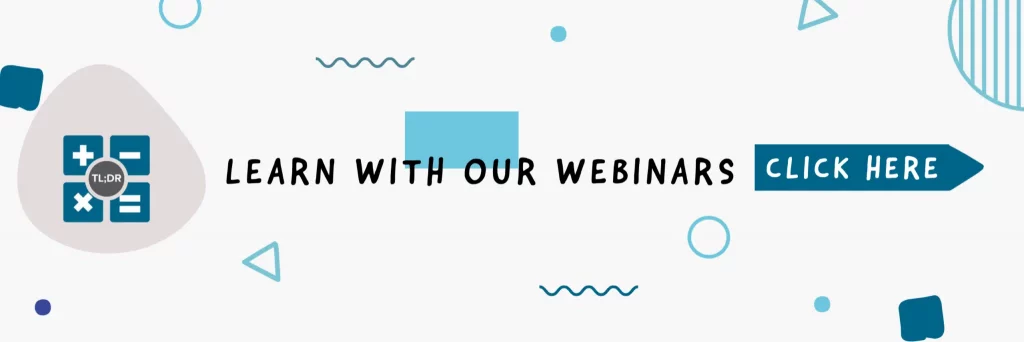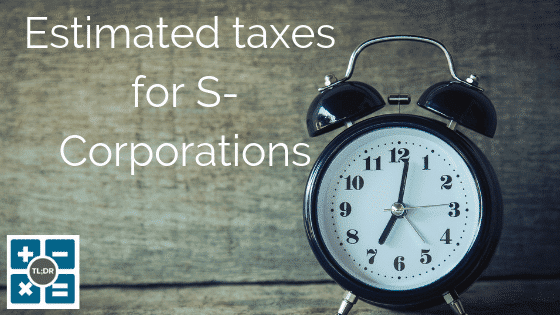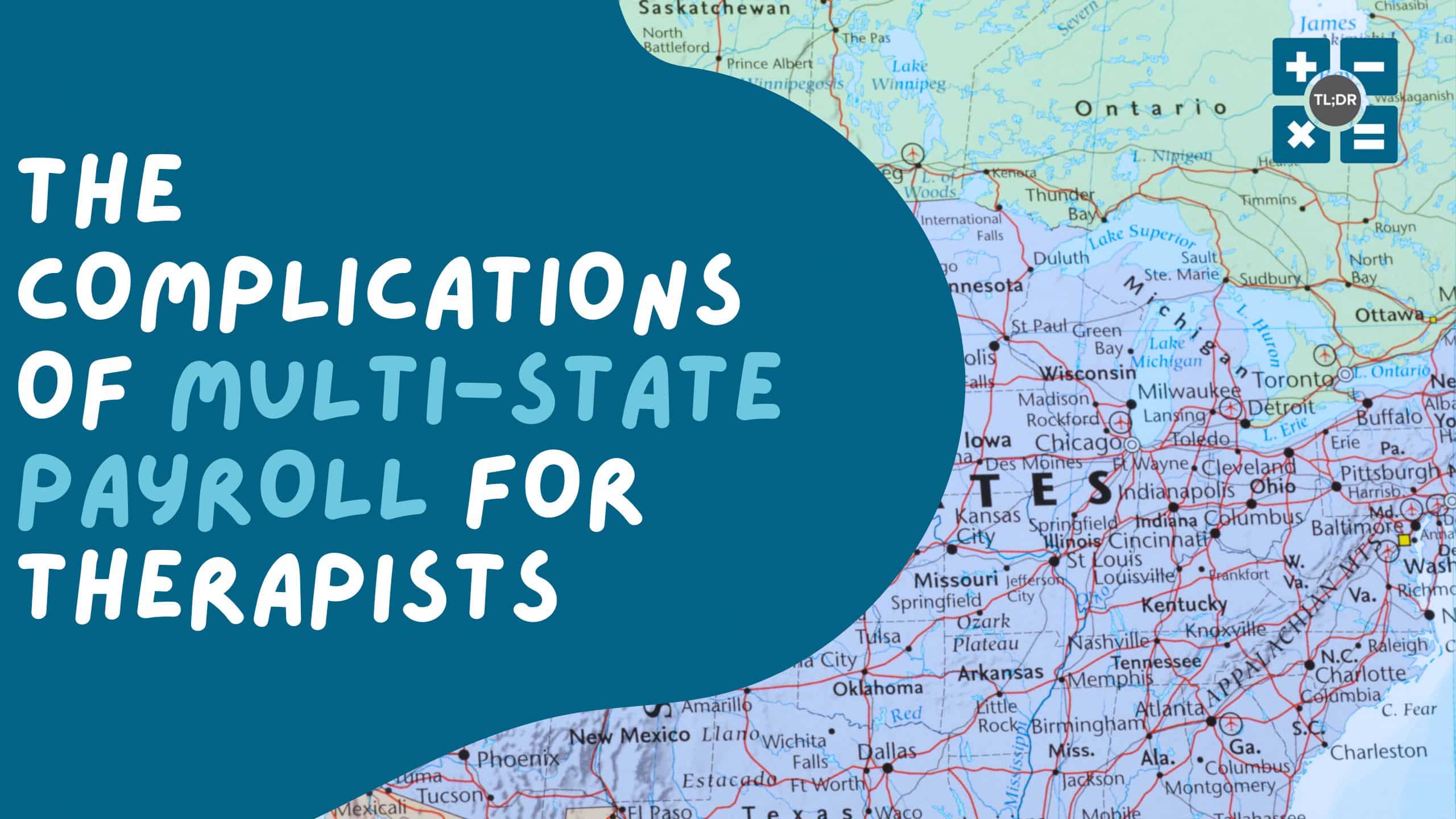When you earn money as an employee, you don’t have to make estimated tax payments throughout the year. Or, rather, the estimated tax payments are made automatically by your employer through the withholding process, and these payments that were made on your behalf all year are conveniently reported to you on your W-2.
But as an S-Corporation business holder, none of this is automatically done for you.
The Process
Unfortunately, the annual schedule for estimated tax payments is very strange:
- Q1 estimated taxes are due by April 15th. So far so good.
- April and May estimated taxes are due June 15th, a two-month term.
- June through August estimated taxes are due September 15th, a three-month term that sadly does not line up with Q3 because it’s offset by a month.
- Estimated taxes for the last four months of the year, September through December, are due January 15th.
Make sure to mark these dates on your calendar because the odd timing makes them hard to remember. If your estimated taxes are late, the IRS can charge a percentage penalty on late taxes, which can be far worse than penalties for most government filings.
Also keep in mind that you are making estimated tax payments on your 1040 using form 1040-ES. This will include all your personal and company business because your corporation is a flow-through entity.
Safe Harbor
At this point you might be thinking, “Well this isn’t fair. How can the IRS penalize me if the ultimate amount of my taxes is unknown? Nobody knows what the future holds!”
The good news is that the IRS has established safe harbor rules, which is another way of them saying, “We will not penalize you if you pay your taxes on time and according to these rules. Pay at least these:”
- 90% of your eventual tax due for this year. This gives you a bit of leeway if you underestimate your taxes.
- 100% of the tax you paid the previous calendar year. This safe harbor is solid gold: it’s certain, it’s easy to follow, and if your business is expanding then there’s a decent chance that you will have the cash to pay the tax. If your business is struggling, you still have the above 90% safe harbor to help you fend off penalties.
TL;DR: Estimated taxes are due April 15th, June 15th, September 15th, and January 15th. You pay estimated taxes on your personal tax return by filing a 1040-ES. If you don’t pay enough tax to satisfy the safe harbor rules, then you will probably owe a penalty to the IRS which can run very high.






